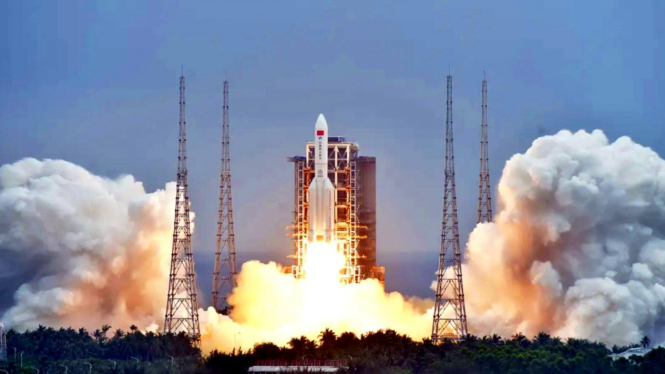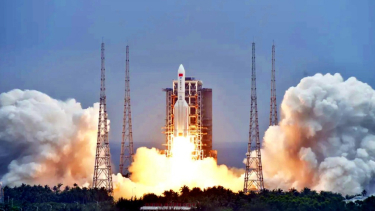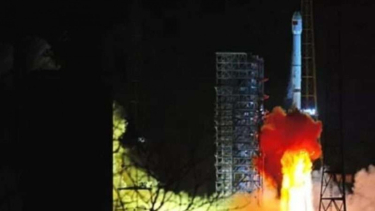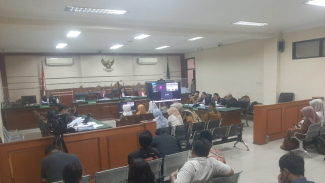Chinese Rocket Debris Found in Indonesia-Malaysia Border
- Spacenews
VIVA – Debris from a Chinese rocket that fell to Earth over the weekend has been found in Southeast Asia. The 25-ton core stage of the Long March 5B rocket crashed back to Earth out of control on Saturday, July 30 and hit the atmosphere over the Indian Ocean.
Most of the boosters burn up as they fall, but most of them or about 20 to 40 percent survive the atmospheric burn and reenter the Earth.
The leftover pieces start to appear. Local people have found booster pieces in several places along the re-entry path. Some of them are large enough to cause serious damage if they fall on a village or town.
After the CZ-5B r/b re-entered Indonesia at midnight Saturday, a lot of debris was discovered that may be related to space debris. Three debris have been found by the community in Sanggau Regency or in Indonesia-Malaysia border.
"CZ-5B debris fell in Borneo and Sarawak, Malaysia. No casualties or property damage were reported, but debris is near a village just a few hundred meters away where the story could be different," The astrophysicist and tracker of satellite, Jonathan McDowell remarked.
Roket Long March China.
- spacenews
The Long March 5B rocket launched on July 24, 2022, sending a new module towards China's Tiangong space station under construction. The Chinese rocket's core stage has reached orbit with the module, then it is pulled back to Earth by the gravitational pull of the atmosphere over the next six days.
Another large core stage is directed towards the sea or uninhabited land after takeoff. In the case of SpaceX's Falcon 9 and Falcon Heavy, the vehicle descends for vertical landing and future reuse.
As quoted from the Space website on Tuesday, August 2, 2022, the Long March 5b scenario is controversial given the potential for injury and damage inflicted on each launch.
Many in the space community have criticized Chinese space officials for allowing the core of the Long March 5B rocket to become the third huge chunk of space junk to enter Earth uncontrollable.



























